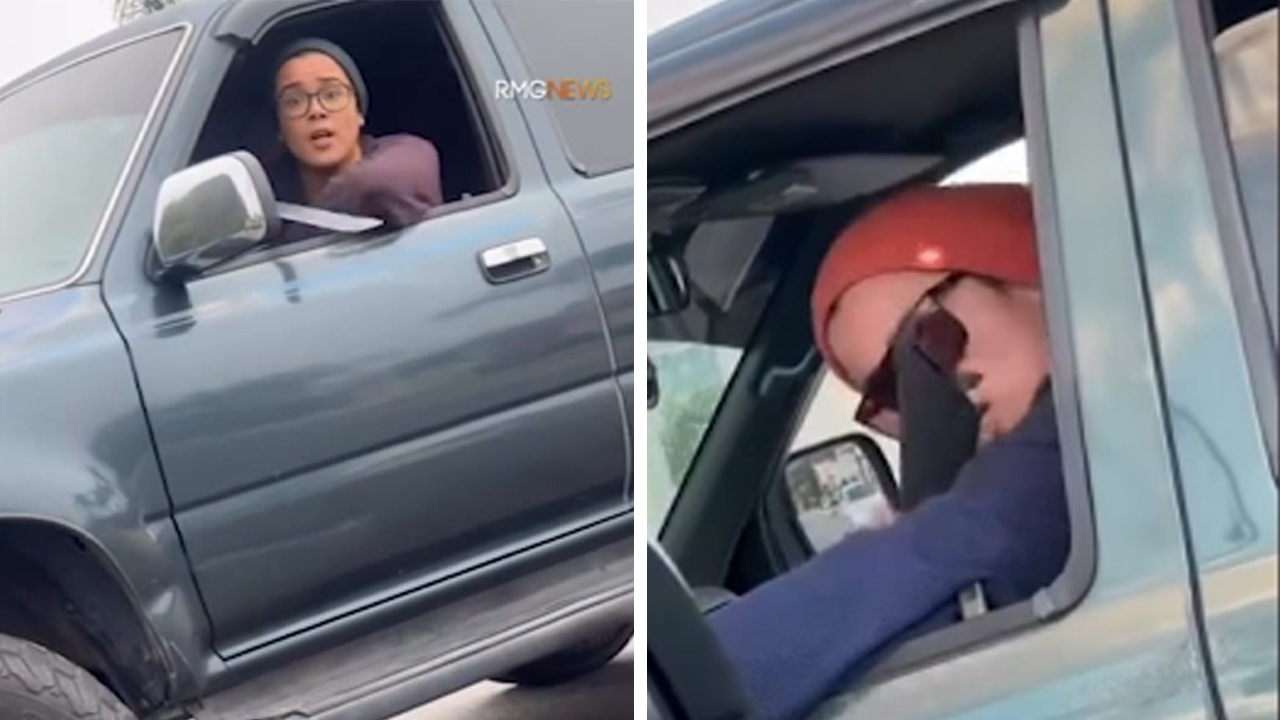Visa limits raise concerns for doctors at risk of deportation

When Ram Sanjeev Alur came to the U.S. in 2007 he was focused on becoming a doctor, not the technicalities of immigration law.
For years he was unaware of the legal hurdles that would prevent him from permanently settling down. But now his wife and three kids rely on him staying healthy, as he treats coronavirus patients amid the pandemic, and keeping his H-1B visa, which allows the family to stay together in the U.S.
"This can really upend your life and that kind of insecurity is there in the background," he told ABC News.
For many health workers, catching coronavirus from their patients is a serious concern. For doctors like Alur, there's another worry -- deportation.
Tens of thousands of working professionals rely on H1-B visas to continue their careers in the U.S. A green card backlog stretching more than a decade prevents many from obtaining permanent residency.
Immigrant workers make up nearly a third of all physicians and surgeons employed in the U.S. while the overall renewal rates of H1-B visas has grown with the backlogs, according to an analysis from the Migration Policy Institute.
"COVID exposed our weakness as temporary residents and that ultimately affects the communities we serve," Alur said. "One doctor lost is a doctor lost to thousands of people."
The Trump administration this week blocked temporary workers across several industries from coming to the U.S. with a suspension of new H1-B visas that officials said was aimed at favoring unemployed Americans hit by the pandemic. The move largely impacts technology workers, but also physicians applying from overseas.
Although the restrictions include an exemption for those treating coronavirus patients, multiple immigration lawyers interviewed by ABC News this week said the move forces physicians to navigate a murky exemption process as consular offices face decisions about reopening services later this year.
"There's no clear guidelines on how to get the exemptions and a lot of it's vested in the discretion of individual officers," said Jeff Gorsky, a former chief lawyer at the State Department's visa law office.
Further complicating the future prospects of the administration's recent visa restrictions is a divided Republican caucus.
Sen. Lindsey Graham said this week he expects the new restrictions to "create a drag on our economic recovery."
"Those who believe legal immigration, particularly work visas, are harmful to the American worker do not understand the American economy," the South Carolina Republican tweeted Monday.
Graham and others have also stressed the importance of the visa programs for essential workers. Nine Republican senators, including Graham and Sen. John Cornyn of Texas, wrote to Trump last month cautioning that any planned changes to temporary work visas "should be very narrowly tailored" to avoid disrupting critical industries.
On the opposite side of the issue, Republican Sens. Ted Cruz of Texas, Tom Cotton of Arkansas, Chuck Grassley of Iowa and Josh Hawley of Missouri were outspoken advocates for the restrictions leading up to the president's announcement.
Alur is the president of Physicians for American Health Care Access, a group that advocated for reduced green card backlogs even before COVID-19. The organization supports the Healthcare Workforce Resilience Act, a bipartisan effort in the Senate that would open as many as 15,000 permanent visa slots for physicians.
Politics aside, the demand for trained medical professionals was clear early in the crisis.
New York Gov. Andrew Cuomo put out a call in March to get retired health care professionals back to work. Some 2,200 doctors volunteered for what Cuomo described at a March briefing as a vital "surge" force. Until recently, the state's health department continued to accept submissions from the general public "to supplement our current hospital capacity."
Similar requests for retirees came from the Department of Veterans Affairs, the nation's largest single health care provider. The VA surged staff by more than 37% in April, hiring nearly a thousand new registered nurses.
The Veterans Affairs hospital in Marion, Illinois, where Dr. Alur has worked since 2011, reported a half dozen coronavirus cases as of Thursday. But he worries a surge of cases could overwhelm the resources in his community.
"In the rural areas, we really don't have much back up out here," he told ABC News. "I'm very thankful I'm here and I'm able to work. Anybody who wants to help needs to be welcome now.






